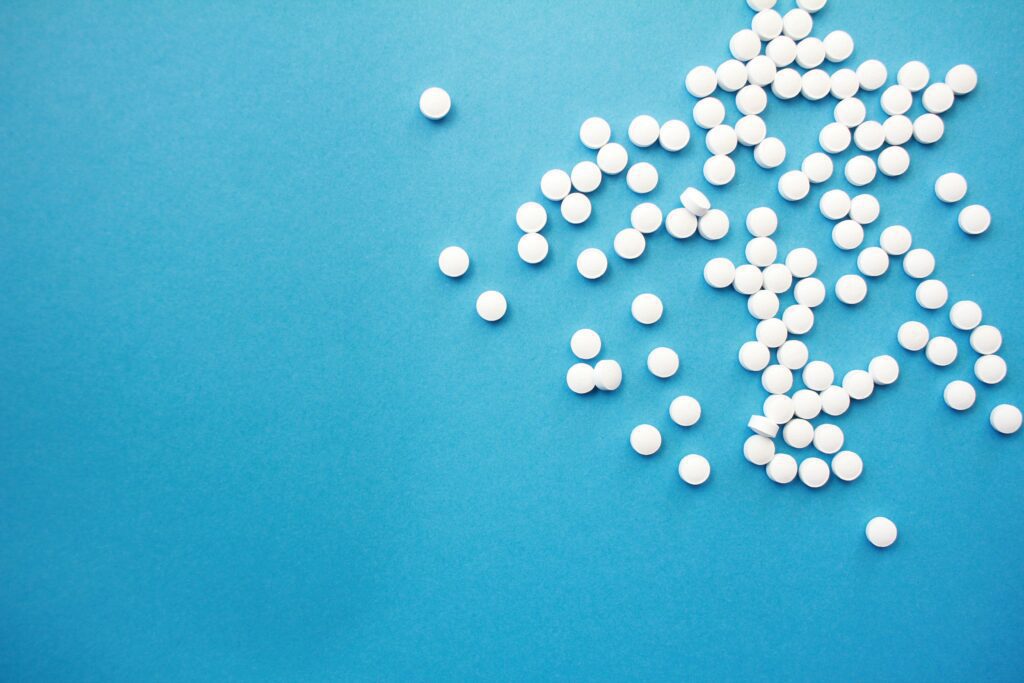According to DocWireNews, on December 16, 2021, the U.S. Food and Drug Administration (FDA) granted Accelerated Approval to Tarpeyo (budesonide) delayed-release capsules. The therapy is designed to treat adult patients with IgA nephropathy (IgAN) who have proteinuria, or excess protein in their urine. Tarpeyo, a corticosteroid, is designed for patients who are at a heightened risk of IgAN progression. This is defined as a urine protein-to-creatinine ratio of ≥ 1.5 g/g.
According to the FDA, the Accelerated Approval followed data from a research study, which included patients with IgAN, lowered kidney function, and proteinuria. Patients received either 16mg Tarpeyo or a placebo each day for a 9-month period:
At nine months, research participants receiving Tarpeyo had an average 34% reduction in UPCR, whereas participants receiving the placebo had an average 5% reduction in UPCR. As a condition of the accelerated approval, an ongoing study of Tarpeyo must be completed to confirm that the medication slows kidney function decline in patients with IgA nephropathy.
While Tarpeyo is believed to be relatively safe and well-tolerated, some adverse reactions may occur. These include:
- High blood pressure
- Allergic reactions
- Hyper- or hypocortisolism
- Muscle spasms
- Unintended weight gain
- Swelling of the face, hands, or lower extremities
- Fatigue
- Excess hair growth, often on the face
- Difficulty breathing
IgA Nephropathy (IgAN)
Also known as Berger’s disease, IgA nephropathy (IgAN) is a chronic kidney disease that, without intervention, may progress to kidney failure and loss of kidney function. The exact cause of IgAN is not fully understood, though some believe it could be an autoimmune or genetic condition. Regardless, immunoglobulin A (IgA) begins accumulating in the kidneys, causing inflammation and kidney damage. In particular, IgA nephropathy affects the glomeruli, which normally help filter waste, fluid, and electrolytes from the blood. As the glomeruli become increasingly damaged, blood and protein leak into the urine, causing more health issues. Often, IgAN follows some sort of respiratory or gastrointestinal viral infection. It is 2x more common in males than females. Symptoms, which usually occur in later stages, include:
- Hematuria (blood in the urine)
- Proteinuria (excess protein in the urine)
- High blood pressure
- Fatigue or drowsiness
- Loin or back pain
- Swelling of the hands and feet






